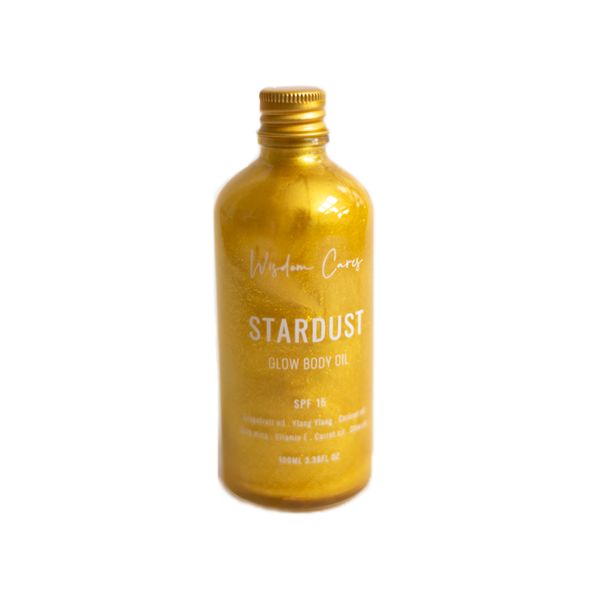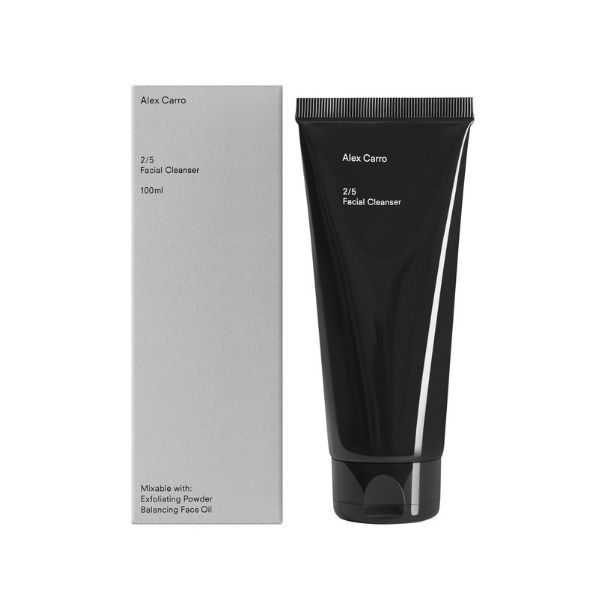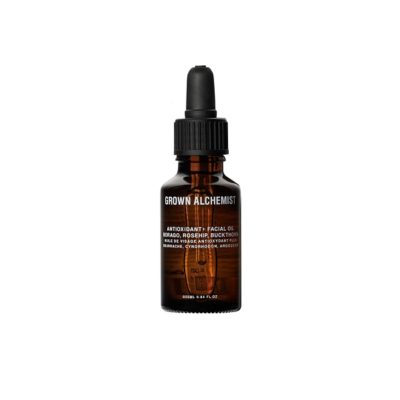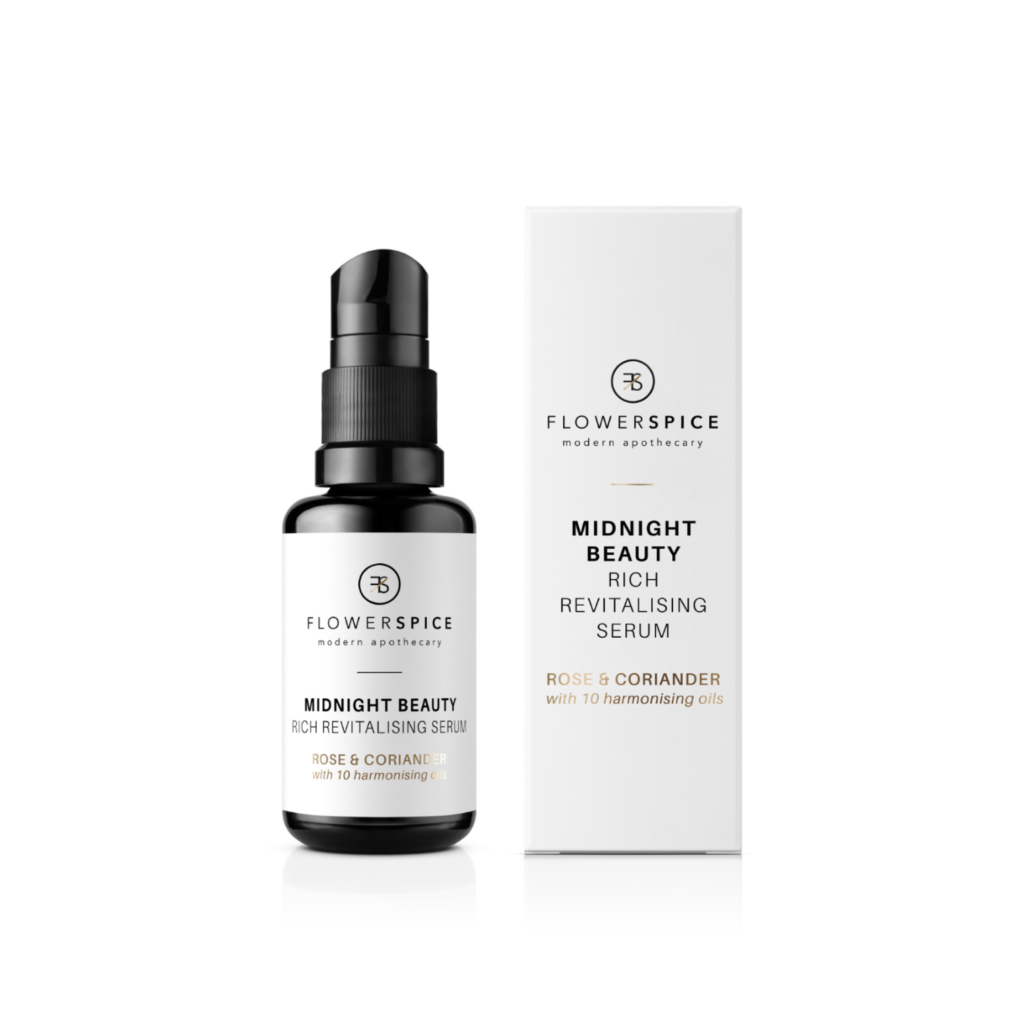Essential oils, what are they and their therapeutic benefits
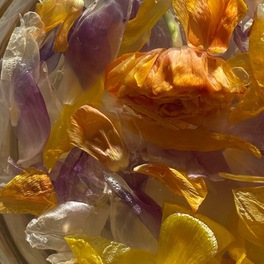
Essential oils have a magical touch. They are simply Amazing. One of many miracles of nature.
They are made of the distilled essences of an aromatic plant. The curious thing is that there are very few plants which we are capable of extracting this essence.
There are many different types of oil and different combinations that can be made. For example, mixing a vegetable oil with an essential oil creates a special and unique blend with complementary properties.
It is true that an essential oil, by definition, is pure and natural. But bare in mind that two or three drops of a prescribed dose can have a great effect. The other way around is also true, unfortunately, too much of it can also cause unwanted side effects.
How to identify high quality essential oils?
An essential oil is of high quality if it is 100%:
- Natural: free of harmful chemical such as emulsifying agents, mineral oils or synthetic molecules.
- Pure: free of alcohol, turpentine for example
ESSENTIAL OILS OVER THE YEARS
Historians date their use to approximately 3500 B.C. It was the Egyptians who began to use them for medicinal, but also religious and cosmetic purposes.
Over the centuries, the Chinese, Greeks and Romans improved the distillation technique. Later it was the Arabs who raised the level of importance of phytotherapy and aromatherapy.
Already in the 20th century, aromatherapy was definitively incorporated into natural medicine, with decisive contributions from experts such as the chemist and perfumer Rene Gatteffose, Dr. Jean Valnet, or the French biochemist Aguerite Maury.
PROPERTIES AND BENEFITS OF ESSENTIAL OILS
You might ask yourself, how do I apply in a safe way to my body?
In general, the substances extracted from aromatic plants penetrate our body through contact with the skin or through smell. The effect on our body is generated i the form of an impulse in the circulatory (skin) or respiratory (smell) system, causing a positive stimulus in our brain. This stimulus is associated with emotions and basic vital systems.
Some of the most common effects and benefits of essential oils are:
- Pain relief
- Relaxation
- Anti-inflammatory effect
- Reactivation of the blood circuit
- Stimulation
- Skin Healing
ESSENTIAL OILS ACCORDING TO OUR SKIN TYPE
Essential oils make an excellent contribution to a person’s natural beauty regimen. Their properties can be very beneficial against multiple external agents that affect our skin over time.
But not all oils are ideal for all skin types.
There is a specific classification of oils with cosmetic properties according to skin: (please remember that essential oil should not be applied directly to the skin (with the exception of lavender and tea) and that a vegetable oil should always be used as the carrier oil.
OILY SKIN
- Argan : helps balance natural sebum production of the skin.
- Cypress: with antiseptic properties, ideal to treat acne outbreaks.
- Lime: helps prevent bacterial infections and skin healing.
- Tea Tree Oil: Helps maintain the epedermis health and ideal to treat acne and skin irritation.
SENSITIVE SKIN
- Castor: ideal for skin prone to dermatitis or similar skin conditions.
- Bergamot: especially good for eczema.
- Orange: “all-terrain” oil, helps treat dermatitis as it reduces inflammation and eases relaxation.
- Patchouli: It is widely used in Asian countries to deal with dermatitis or eczema.
DRY SKIN
- Almond: ideal to treat flaky skin which requires high doses of hydration.
- Rose:with antibacterial and healing properties, rose is known for helping regenerate the epidermis.
- Chamomile:helps calm and sooth the skin due to its anti-inflammatory properties.
- Palmarosa: helps maintaining high levels of hydration. Also know to prevents some skin conditions such as psoriasis.
MATURE SKIN
- Jojoba: Can act as a carrier oil for more mature skin and helps regulate sebum production.
- Ylang ylang: It is well known to treat wrinkles. In addition, it has anti-inflammatory properties, which prevent redness and stimulate cell regeneration.
- Sandalwood: protects from abrasions and allergies, in addition to softening sun spots
- Amaro: helps treat wrinkles and dermatitis.
ESSENTIAL OILS AND MOOD
Essential oils have concentrated aromas that can activate different feelings and emotions to help shift our moods.
They inspire three general states—energizing and uplifting, calming and soothing, and grounding and rejuvenating—with lots of variability in between depending on your vibes.
- Energizing : citrus oils: for example bergamot, pink grapefruit, mint, orange…
- Calming : lavender, eucalyptus, ylang-ylang, angelica, jasmine, rose, cinnamon…
- Rejuvenating: These are oils that help connect with nature, making you feel grounded and rejuvenated . We love incense, rosemary…
Aromatherapy is a complementary medicine, widely practiced and developed over the centuries.
Aromatherapy tries to medicinally apply essences and essential oils. It helps create specific environments based on the sensory experience, which, broadly speaking, can be calming or relaxing. We encourage you to try it and incorporate it into your skincare routine.

